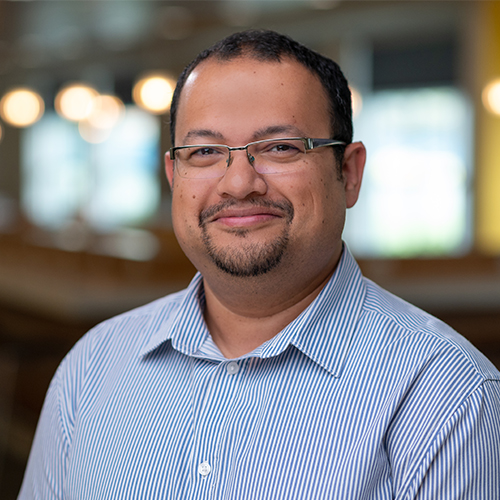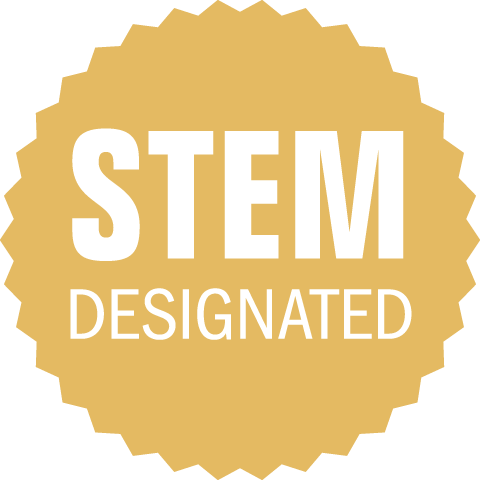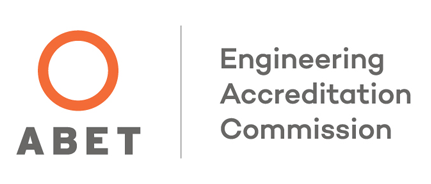
Shayok Mukhopadhyay, Ph.D.
Engineering Professor Receives Major Grant to Advance Robotics Research
Electrical engineering and computer engineering have much in common. Computer engineering grew out of electrical engineering and is, in fact, a sub-discipline of it. The two disciplines share many fundamentals, including computer programming, electronic circuits, digital design, and robotics.
Apart from each other, they stand proudly on their own. Electrical engineers are experts in the transmission, conversion, and generation of electric energy and in communication and signal processing. Computer engineers are known as the hardware warriors —they design and build computers and components and bring computer science into the mix by developing and integrating the software that that makes them work.
Bring the two disciplines together and you unite the power behind the “brains,” opening up myriad ways in which to make the world a safer, healthier, cleaner, more efficient place in which to live. A whole new set of career opportunities opens up as well. It’s one degree with unlimited possibilities.
Because the degree pulls in multiple disciplines — electrical engineering, computer engineering, computer science, and cybersecurity (for those who choose that concentration) — you will be able to problem solve and pioneer, envision and invent beyond the boundaries that engineers in the past were limited to with their narrower focus.
A rigorous laboratory course sequence gives you the hands-on experience that prepares you for the professional world and ensures that you are ready to make a meaningful contribution from day one on the job.
Our faculty are leaders and innovators in their fields, bringing both deep professional experience and academic rigor to the classroom.

Engineering Professor Receives Major Grant to Advance Robotics Research

A solid electrical engineering foundation leads to career success

A challenging curriculum was perfect preparation for a challenging career
Electrical Systems Engineer
7.2% Growth 2024-2034
Computer Systems Engineers
15.8% Growth 2024-2034
Web Applications Developer
7.5% 2024-2034
This course looks at how an engineer will employ modern tools to create large-scale computer chips through the use of hardware programming languages. By employing field programmable gate arrays (FPGA), you will learn how to create custom computer chips using the register transfer logic design style and the application of registers, memory, math units, and state machines. You will be creating computer chips that are in the range of 10,000s of transistor in size.
This course provides an introduction to embedded systems, with a design focus on microcontroller programming. Topics include instruction processing, memory organization, addressing modes, and more, with integrated laboratory activity.
In this course, you will learn about the changing landscape of electric energy sources, including renewable energy and distributed generation. Topics include AC transmission lines, power quality and power factor, synchronous generators, automatic generation control, and ways to prevent voltage collapse.
In this course, students will study sampling and reconstruction of continuous-time signals from samples and will engage in spectral analysis of signals using the discrete Fourier transform.
This is a continuation of the first-semester, senior-year capstone design course to meet end goals. The student will present work in a formal report and at the college capstone design expo.
The University of New Haven offers a wide variety of in-depth courses that create a transformational educational experience for our students. To view the complete list of courses you'll take while pursuing a Bachelor of Science in Electrical and Computer Engineering, check out the Academic Catalog:
Electrical and Computer Engineering, General Concentration, B.S.
Electrical and Computer Engineering, Cybersecurity Concentration, B.S.
Learn about earning college credit through Project Lead the Way.
Get an inside look at what differentiates the University of New Haven and how your experiences as a student will prepare you for success.




All University of New Haven students have access to the many resources available through the University’s Career Development Center, which has been named one of the best in the nation by The Princeton Review.
From career assessments, networking, and job shadowing to on-campus interviews and salary negotiation, the Career Development Center provides the skills and connections to identify a meaningful career and an opportunity to pursue your passion.
Learn More
The B.S. program in Electrical & Computer Engineering is accredited by the Engineering Accreditation Commission of ABET, https://www.abet.org, under the commission’s General Criteria and Program Criteria for Electrical, Computer, Communications, Telecommunication(s) and Similarly Named Engineering Programs.
Electrical & Computer Engineering Program Objectives and Outcomes
Enrollment and Graduation Data for the Tagliatela College of Engineering

For its diversity, equity and inclusion efforts the Tagliatela College of Engineering has been recognized at the Bronze Level by the American Society of Engineering Education's Diversity Recognition Program.
Learn MoreThe University’s Tagliatela College of Engineering is again rated in the top third in its category (institutions that do not offer a doctorate in engineering).
Learn MoreWhether you're still in high school or are transferring from another college, we offer full- and part-time opportunities for undergraduates from inside the U.S. and abroad. The admission process can begin as early as the end of your high school junior year.
The Application Process
We offer a comprehensive financial aid program, with students receiving assistance in the form of grants, scholarships, student loans, and part-time employment. Funds are available from federal and state governments, private sponsors, and from university resources. More than 85 percent of the University's full-time undergraduate students receive some form of financial assistance.
Learn More